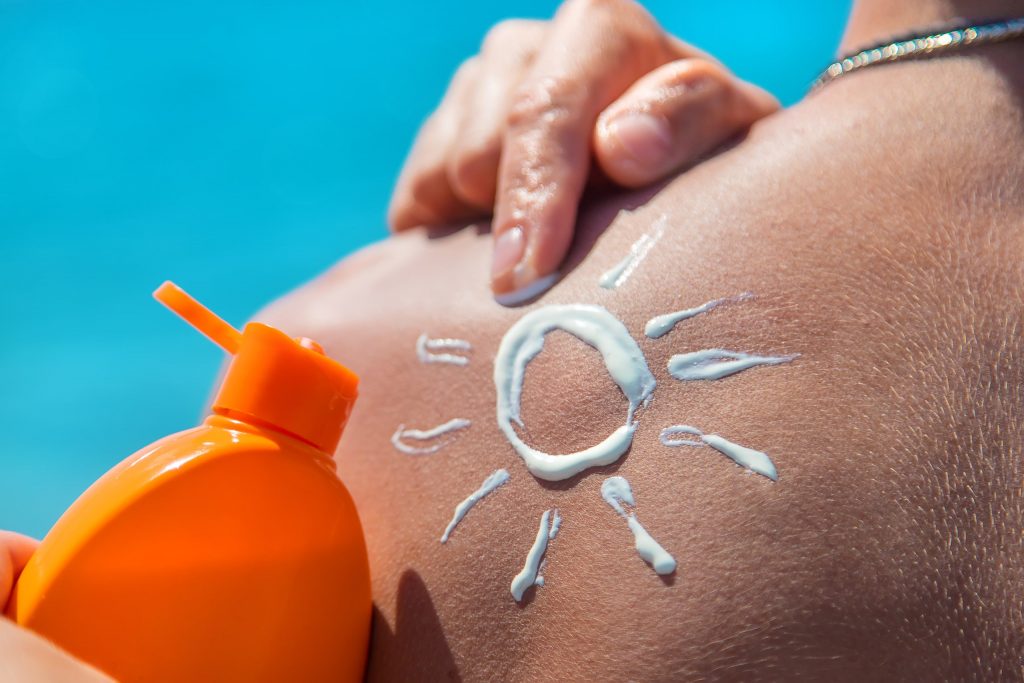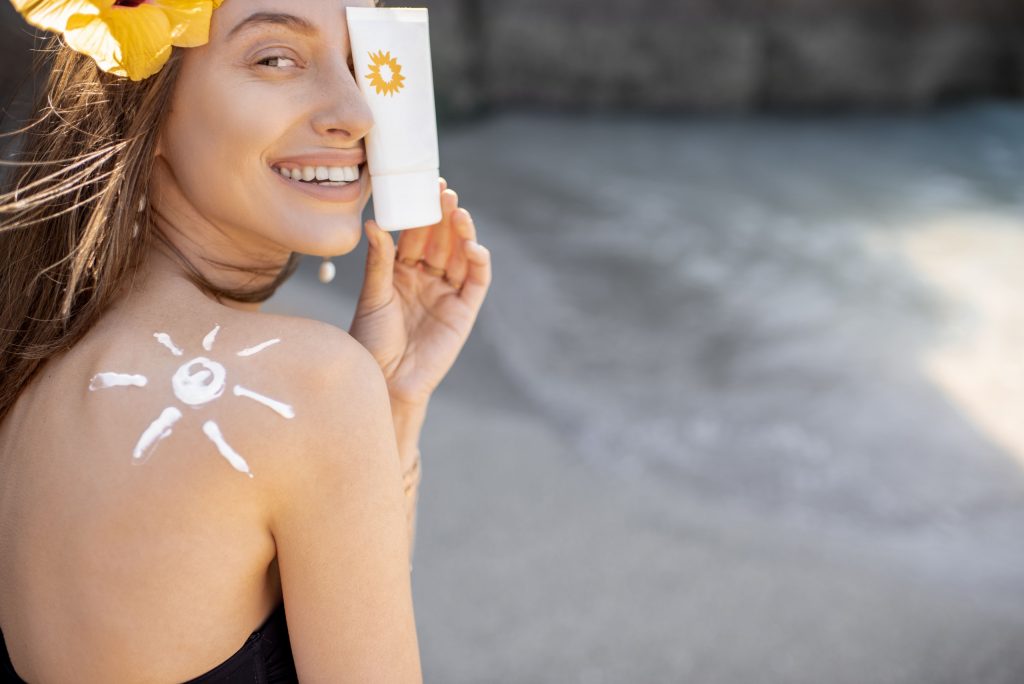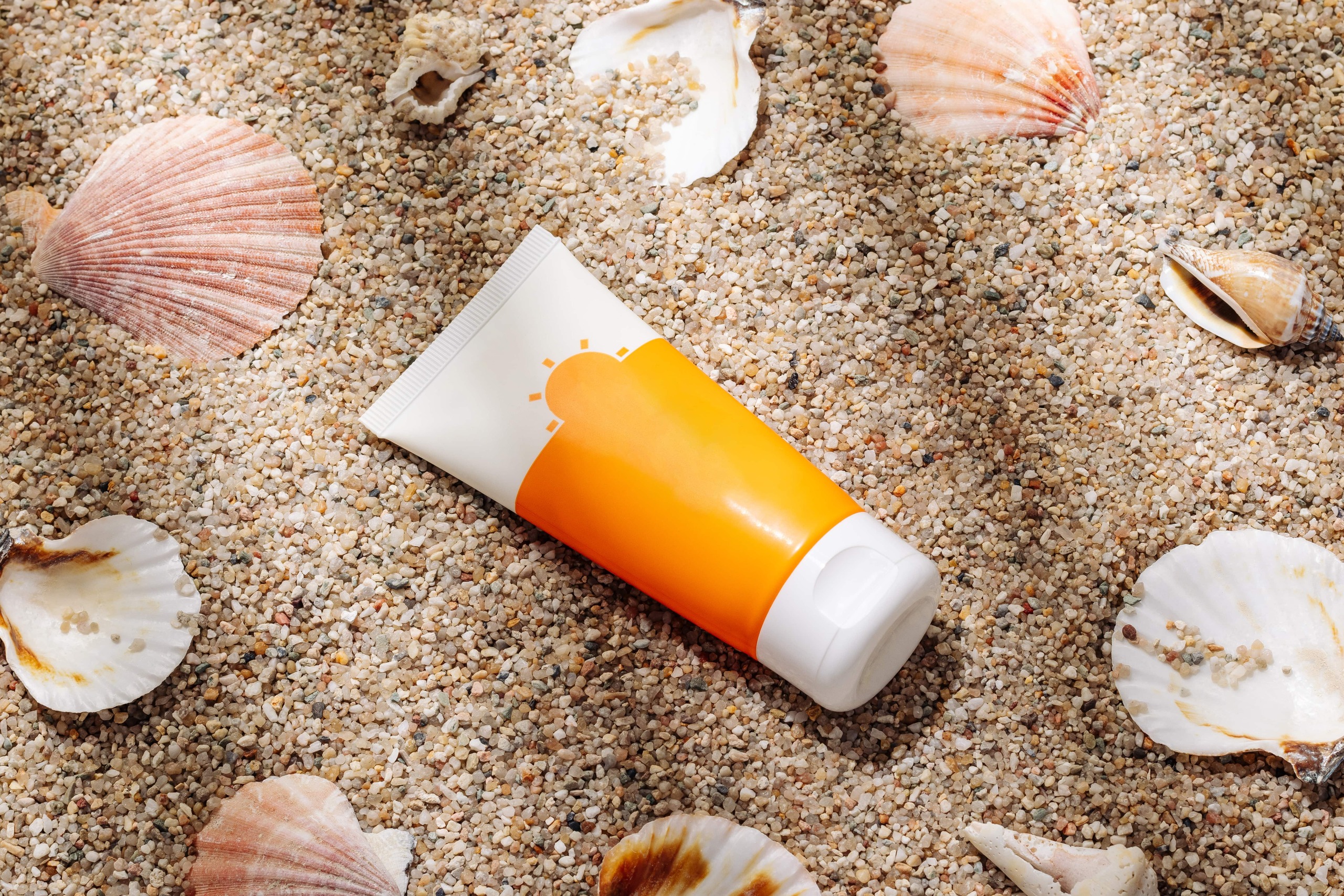The requirement of good sun protection takes front stage when summer arrives. Shielding our skin from damaging UV (UV) rays, sunscreen is absolutely essential to prevent major skin problems like sunburn, early aging, and a higher chance of skin cancer. Although many individuals see the need of using sunscreen, not everyone knows that the correct product may make all the difference. Selecting a sunscreen catered to your particular skin type guarantees that your skin stays healthy and brilliant all through the season and increases its efficacy. Whether your skin is sensitive, dry, oily, or otherwise, there is a formulation meant to offer ideal protection while meeting your particular requirement. Investing in the correct sunscreen can let you enjoy outdoor activities without sacrificing the health of your skin, thus it’s a must-have for every day skincare regimen. This summer, keep safe and enjoy the sun under appropriate sunscreen selection!
Understanding SPF and Broad-Spectrum Protection
One important statistic to search for while selecting sunscreen is SPF, or Sun Protection Factor. It shows how effectively the cream shields your skin from UVB rays, which causes sunburn and could induce skin cancer. For example, although SPF 30 blocks over 97%, an SPF 15 sunscreen filters out roughly 93% of UVB radiation. Higher SPF values provide additional protection, but the difference is not that great; hence, you do not always have to opt for the maximum SPF that is offered. Effective sun protection depends on remembering that no sunscreen can filter all UV rays; so, reapplying every two hours or more often if you are swimming or sweating is absolutely vital.
Broad-spectrum protection—that is, your sunscreen guards your skin from both UVA and UVB rays—is equally vital. Although UVB rays are the “burning ray,” UVA ray damage and early skin aging start from their deeper penetration. Complete resistance against both types of damaging radiation by a broad-spectrum sunscreen preserves long-term skin health. Before you purchase, be sure you grasp these fundamentals; selecting a product with the appropriate SPF and broad-spectrum protection can help to protect your skin from the destructive effects of the sun!

Identifying Sunscreen Formulations for Different Skin Types
Your skin type will be much influenced by the makeup of the sunscreen, which also guides your choice of one. Lightweight lotions or gel-based sunscreen are great options for oily or acne-prone skin. These compositions absorb quickly to create a matte finish devoid of extra oil. Look for non-comedogenic labels—that is, ones unlikely to clog your pores. On the other hand, if you have dry skin, your best friend is creamy or lotion-based sunscreen improved with glycerin or hyaluronic acid. Apart from protecting your skin from UV rays, they help lock in moisture, thereby leaving it smooth and flexible.
Mineral sunscreens include zinc oxide or titanium dioxide are perfect for persons with sensitive skin. These components are less likely to aggravate as they sit on top of the skin and physically block damaging UV radiation. Often better as they enable exact application are creams or sticks. Should you have mixture skin, you can mix and match! A lightweight gel on your oily spots and a lotion on your dry patches will offer equal defense. Remember, the objective is to discover a sunscreen that feels comfortable on your skin, hence don’t hesitate to test many various textures until you find your perfect match!
Decoding Sunscreen Ingredients
The main differences in choosing a sunscreen are those in physical (mineral) and chemical formulations. Sitting on top of the skin, physical sunscreens—which include components like zinc oxide and titanium dioxide—physically block UV rays. Usually indicated for those prone to allergy reactions, they are great for sensitive skin as they are less likely to aggravate it. One negative is that they could leave the skin white, which would not be ideal for everyone.
On the other hand, chemical sunscreens absorbing UV rays use elements such as avobenzone and oxybenzone. By their conversion of harmful photons, the skin generates heat. Even while these sunscreens are often moderate and blend well, they may not be the best choice for people with sensitive skin because they might exacerbate disorders like melasma or acne. Finally, the sunscreen you should use will depend on your skin type and personal preferences. Still, keep in mind that any sunscreen is improved upon none at all!
Tips for Proper Sunscreen Application
Sunscreen protection of your skin depends on the right dosage. Aim for one ounce, sufficient to cover your entire body from a shot glass. The magic figure for your face is a teaspoon. Remember commonly neglected areas include your ears, back of your neck, and tips of your feet! If you are using a spray, use it liberally and massage in to provide even coverage. Remember, sunscreen isn’t only for bright days; damaging UV rays can also reach you on overcast days, hence develop the practice of regular use of sunscreen.
Just as vital as the first application is reapplication. Reapply every two hours, or right after following swimming or exercise. Kids especially like UV silicone wristbands that change color when it’s time to reapply, or set a timer on your phone as a reminder. Finally, be not misled by high SPF values; even SPF 30 offers great protection if used correctly and regularly reapplied. Thus, freely use it and enjoy the sun safely!

Conclusion
If we wish to retain radiant, healthy skin, especially as we get ready for summer, any skincare routine should begin with choosing and applying the right sunscreen. Customized sun protection for your specific skin type and concerns should be given first importance as it not only guards against harmful UV rays but also addresses issues including hydration and repair. Investing in medical-grade sunscreens provide maximum protection and extra skincare advantages, therefore guaranteeing that your skin stays vibrant and protected over long terms. Investing in a sunscreen that fits your lifestyle and tastes is not less important than it is for the health and lifetime of your skin.


